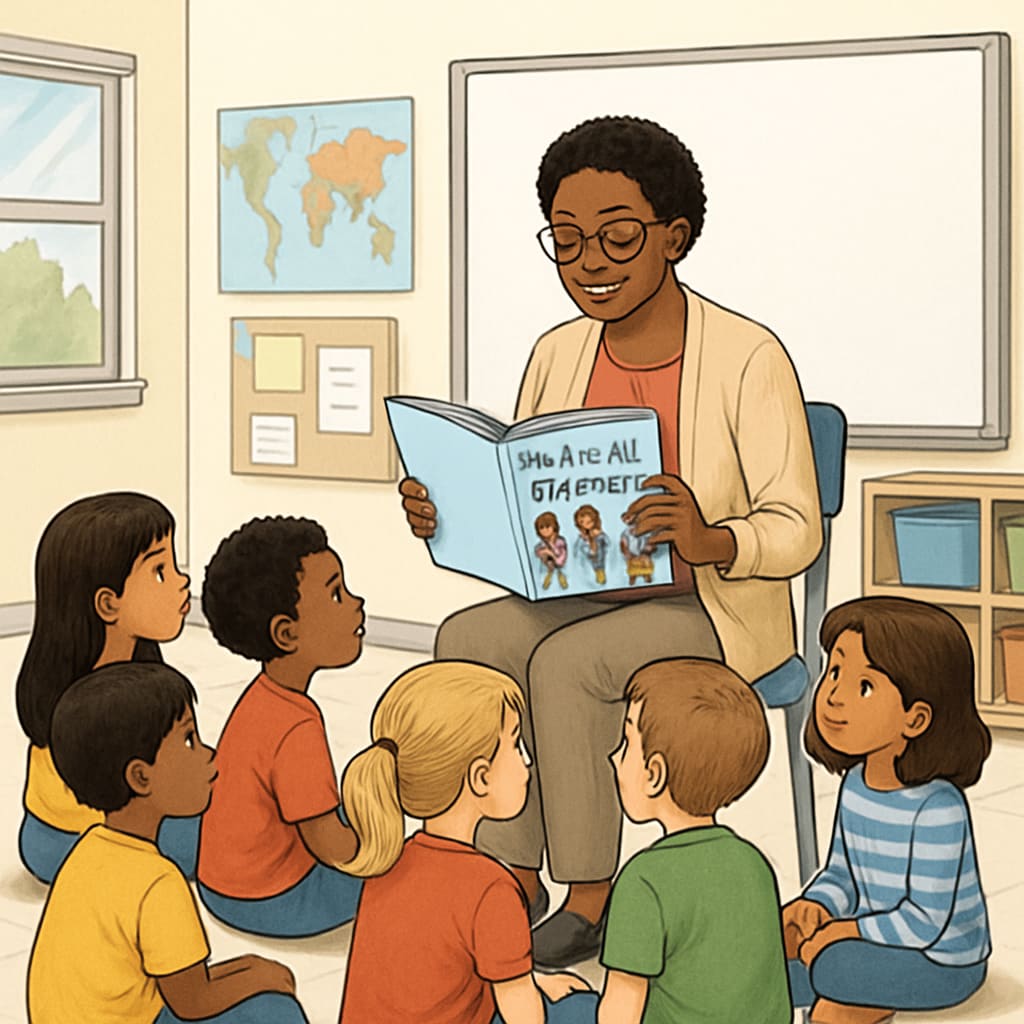Introducing topics like racial segregation and protests to young learners in first grade has sparked a debate about the boundaries of age-appropriate education. While these subjects are undeniably significant, their complexity raises concerns about whether children in this developmental stage are equipped to understand and process them. This article examines the balance between educational innovation and the cognitive limits of early learners, emphasizing the importance of respecting their developmental needs.
Why Age-Appropriateness Matters in First Grade Education
First grade is a critical period in a child’s educational journey, where foundational skills like reading, writing, and basic mathematics are established. At this stage, children’s cognitive abilities are still nascent, and their understanding of abstract concepts is limited. Introducing complex social issues, such as racial segregation and protests, may exceed their ability to comprehend and could lead to confusion or emotional distress.
For example, according to Jean Piaget’s Theory of Cognitive Development, children in the preoperational stage (ages 2–7) primarily rely on concrete experiences rather than abstract reasoning. Therefore, expecting them to grasp the nuances of systemic racism or sociopolitical movements may conflict with their natural cognitive progression.

Balancing Educational Innovation with Developmental Needs
Incorporating social issues into education is not inherently wrong; in fact, it can foster empathy and awareness from an early age. However, the method and timing of introducing such topics are crucial. Age-appropriate approaches might include storytelling or role-playing that naturally integrate concepts like fairness, inclusion, and kindness without delving into historical injustices or political activism.
For instance, rather than asking first graders to draw protests against racial segregation, teachers might focus on simpler lessons about friendship and diversity. This aligns with their ability to connect with tangible examples and lays a foundation for more complex discussions later, as they mature.

Potential Risks of Premature Exposure to Social Issues
Exposing children to complex societal topics prematurely could have unintended consequences. These risks include:
- Emotional Overload: Sensitive issues may evoke anxiety or confusion in children who lack the emotional tools to process them.
- Misinformation: Simplifying intricate topics to make them accessible can lead to distorted understanding, which may require unlearning later.
- Parental Concerns: Some parents may feel uncomfortable with schools addressing controversial topics without their consent or involvement.
As a result, educators must navigate these challenges carefully and collaborate with parents to ensure that the curriculum aligns with both developmental readiness and family values.
Conclusion: Respecting Cognitive Development in First Grade Education
While introducing social issues into early education can nurture empathy and critical thinking, it is imperative to respect the cognitive development of young learners. Educators should prioritize age-appropriate methods and focus on building foundational skills before tackling complex societal topics. By doing so, they can ensure that learning remains both effective and emotionally safe for children.
Ultimately, balancing innovation with developmental needs will create a more inclusive and supportive educational environment. For further reading on cognitive development stages, visit Britannica’s Child Development Overview.
Readability guidance: The article uses short paragraphs and lists to summarize key points. It minimizes passive voice and long sentences while ensuring smooth transitions between sections.


